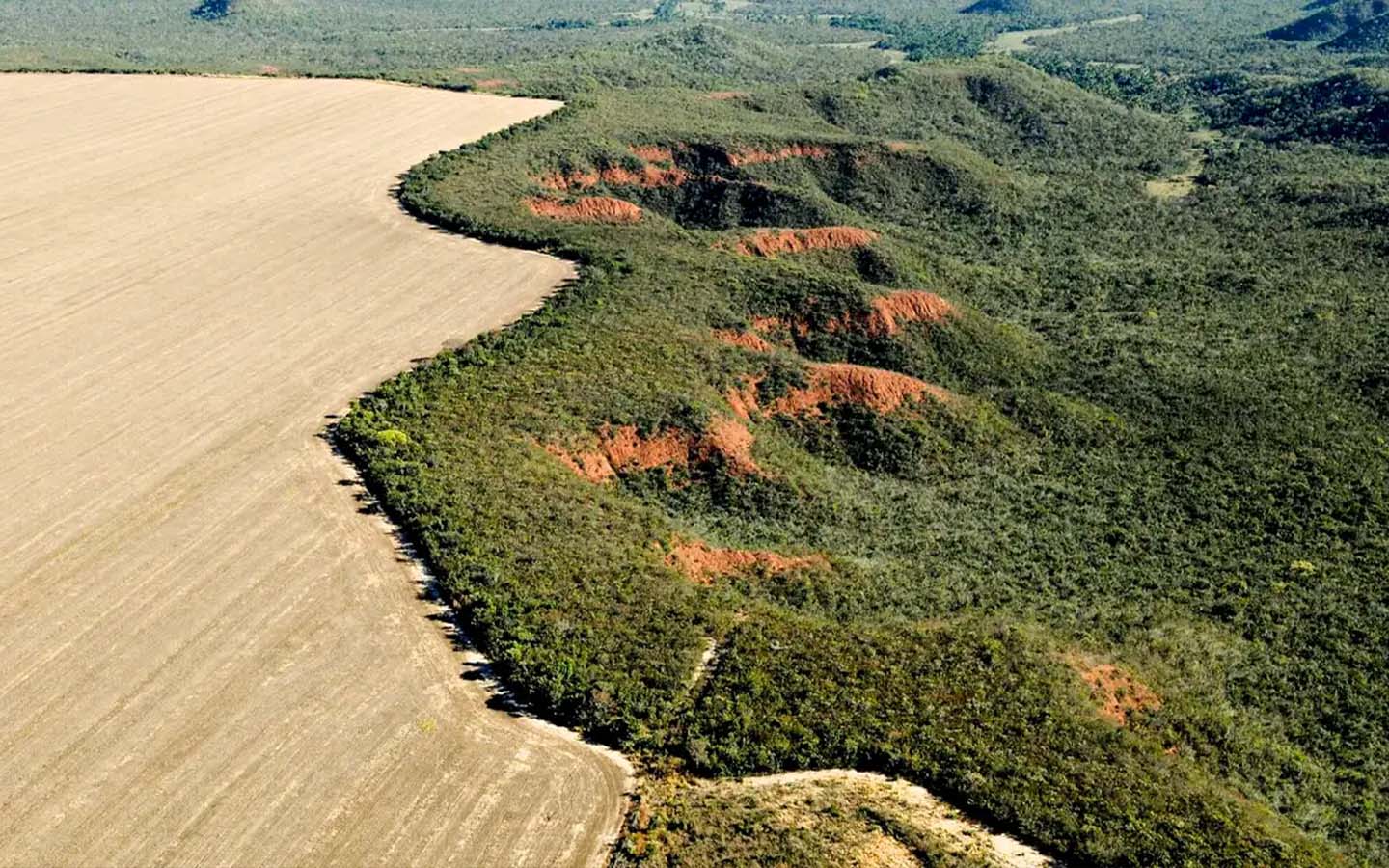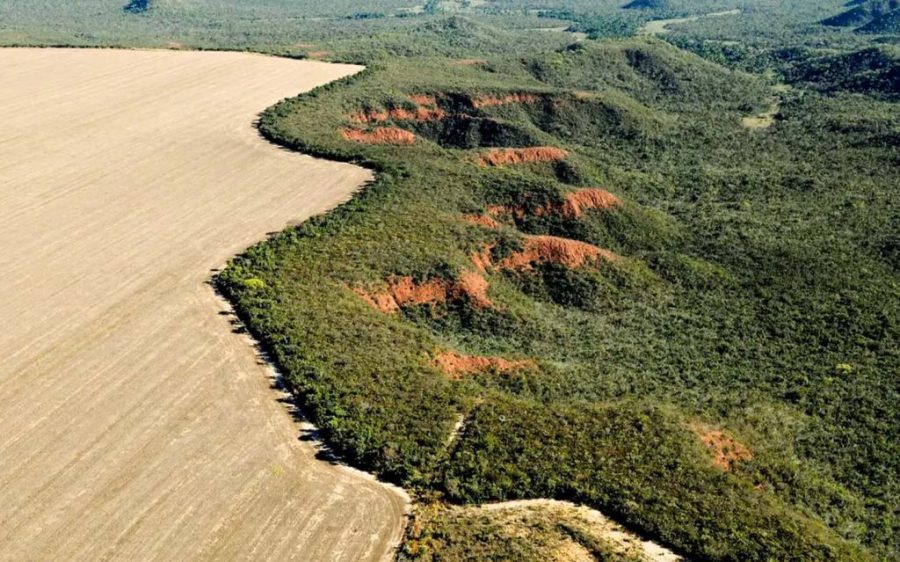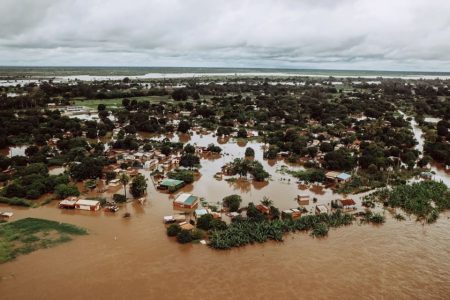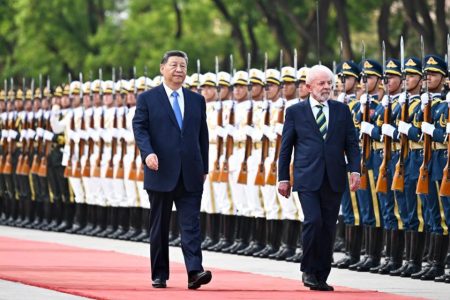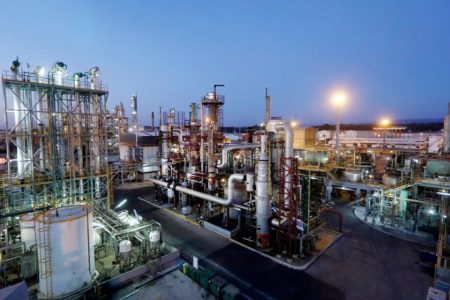Deforestation in the Brazilian Amazon dropped 30.6 percent in the last monitoring year, reports Reuters, with tree loss in the world’s largest rainforest reaching its lowest point since 2015 – one of the lowest years on record in the last four decades.
Annual satellite data from the Brazilian national space research institute INPE, collected for the 12 months ending 31 July, showed the rainforest lost 6,288 square kilometres over the period. However, conservation nonprofit Mongabay has drawn attention to a surge in wildfires. In September alone, the area of Brazilian Amazon affected by fires increased nearly 18-fold, from 4,700 square kilometres to nearly 40,000 amid a historic drought. Satellite-detected hotspots also jumped 70 percent over the same period last year, from 85,670 to 145,357.
The damage from these fires may not be reflected in deforestation data, as Brazil is among the many countries that do not classify areas lost to wildfires as deforestation. However, Mongabay points out that many fire-affected areas are registered as “degraded” in INPE data, which often precedes outright deforestation.
[See more: Reduced funding is contributing to record-breaking wildfires in the Amazon]
Widespread wildfires are impacting other major Brazilian ecosystems as well. Although the Cerrado forested savannah also saw the first decline in deforestation in five years – down 25.7 percent to 8,174 square kilometres – both it and the Pantanal wetlands recorded triple-digit increases in wildfires compared to last year.
Such figures highlight the difficulty in preserving these precious ecosystems, among the largest and most biodiverse in the world. Even with deforestation slowing over the past three years, the increasing impacts of climate change are already beginning to destabilise the Amazon. If left unchecked, such instability could disrupt continental rainfall and devastate species that depend on the rainforest.
Conserving the Brazilian Amazon and ending deforestation are the stated priorities of President Luiz Inácio Lula da Silva. However, critics point to Lula’s decision to permit offshore oil extraction near the mouth of the Amazon River, and build the BR-319 highway through an otherwise pristine part of the Amazon, as undermining these goals.
